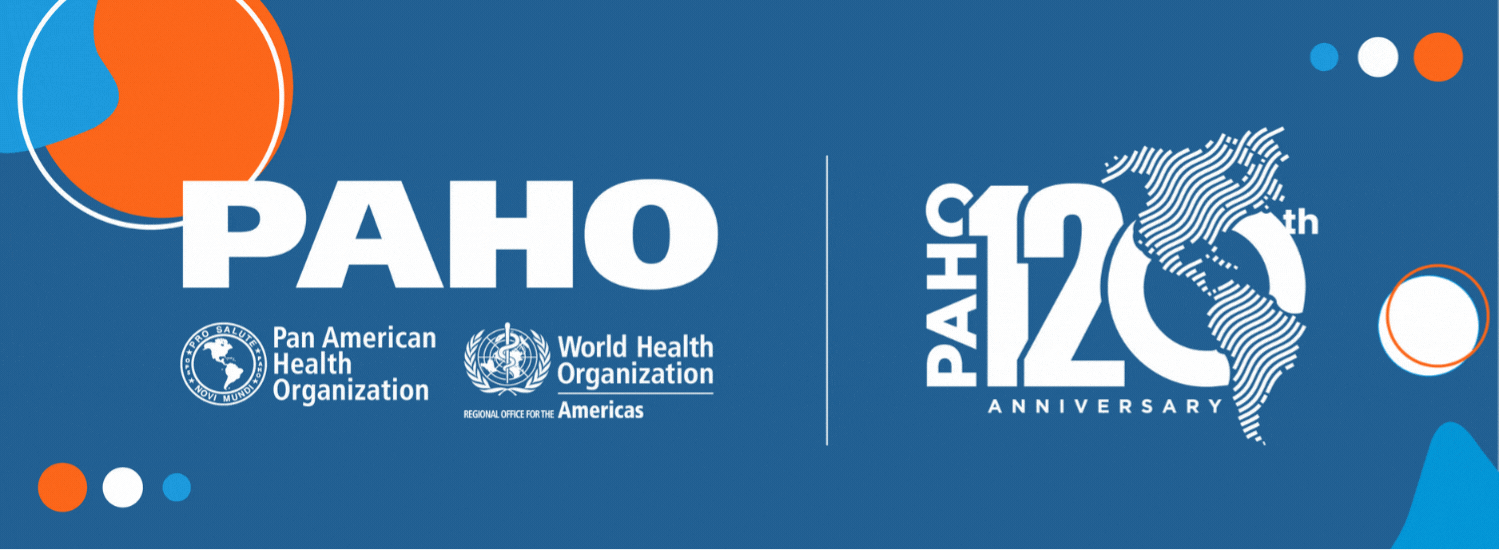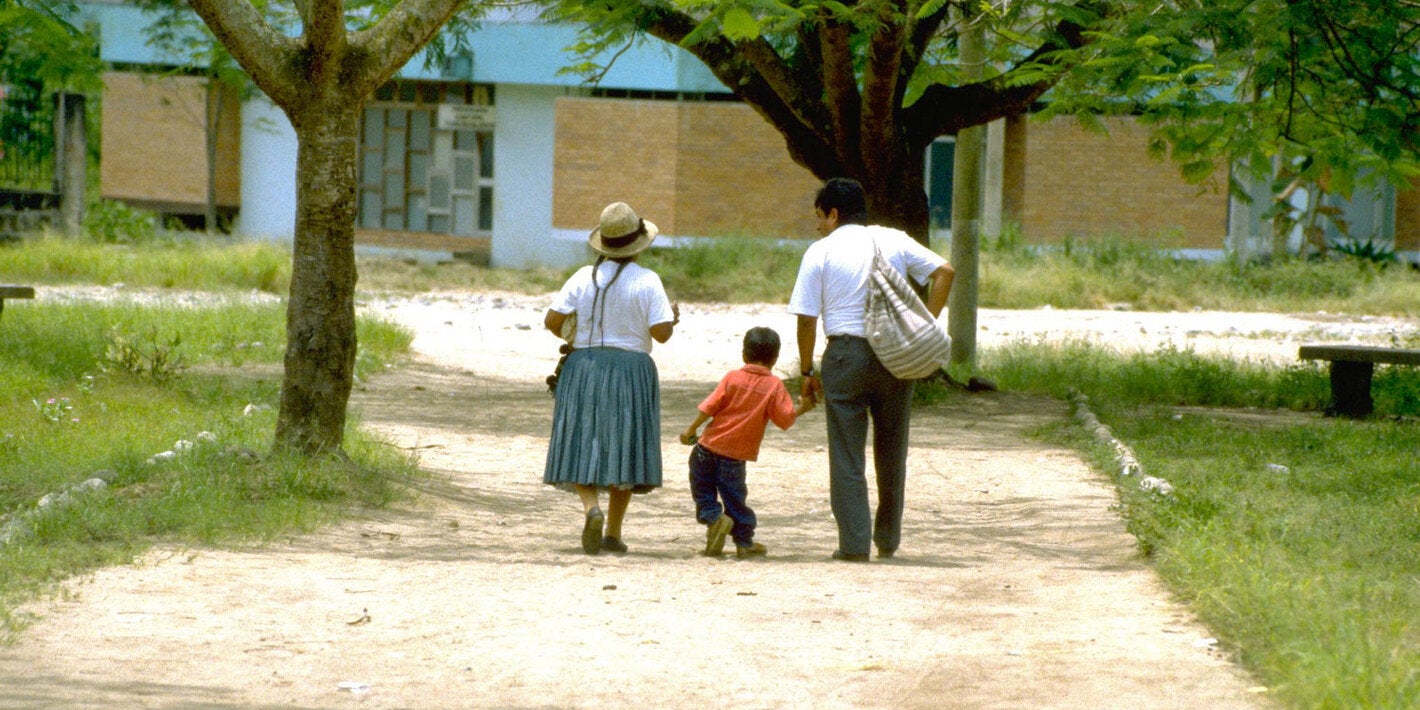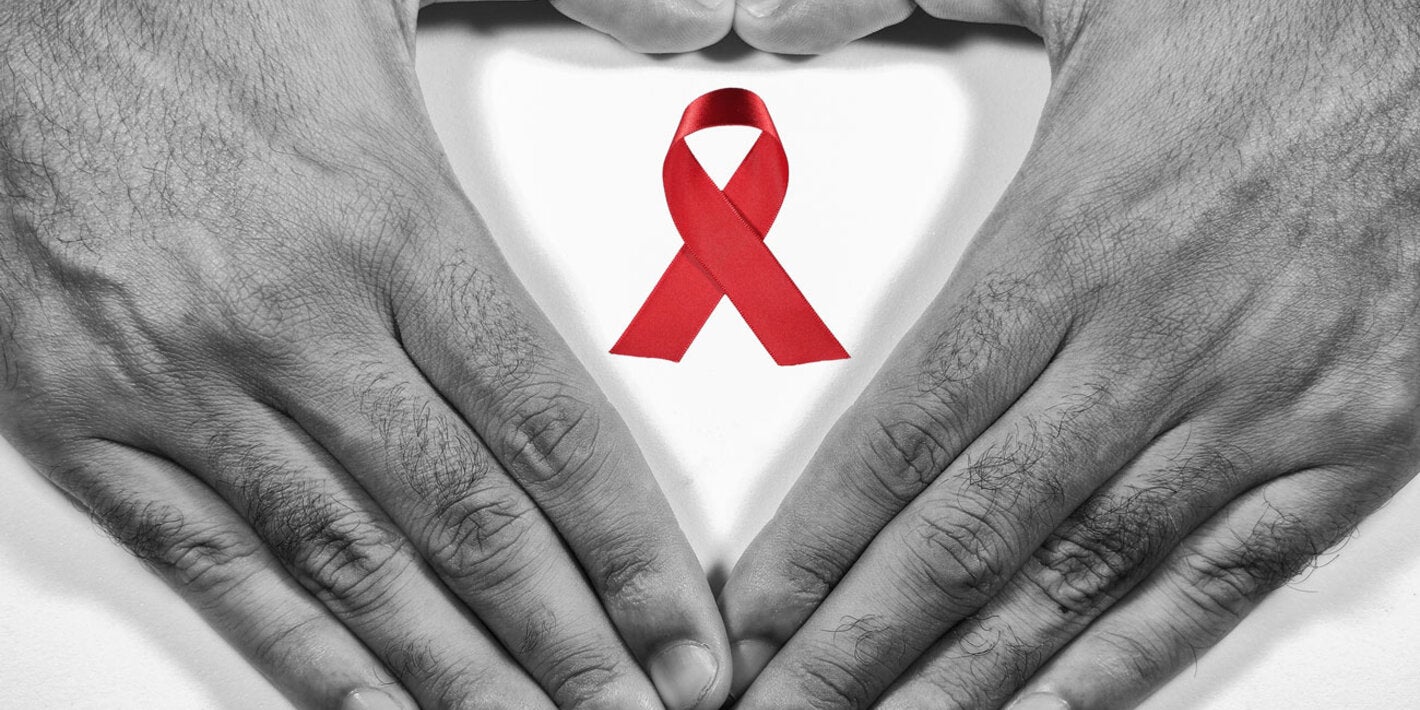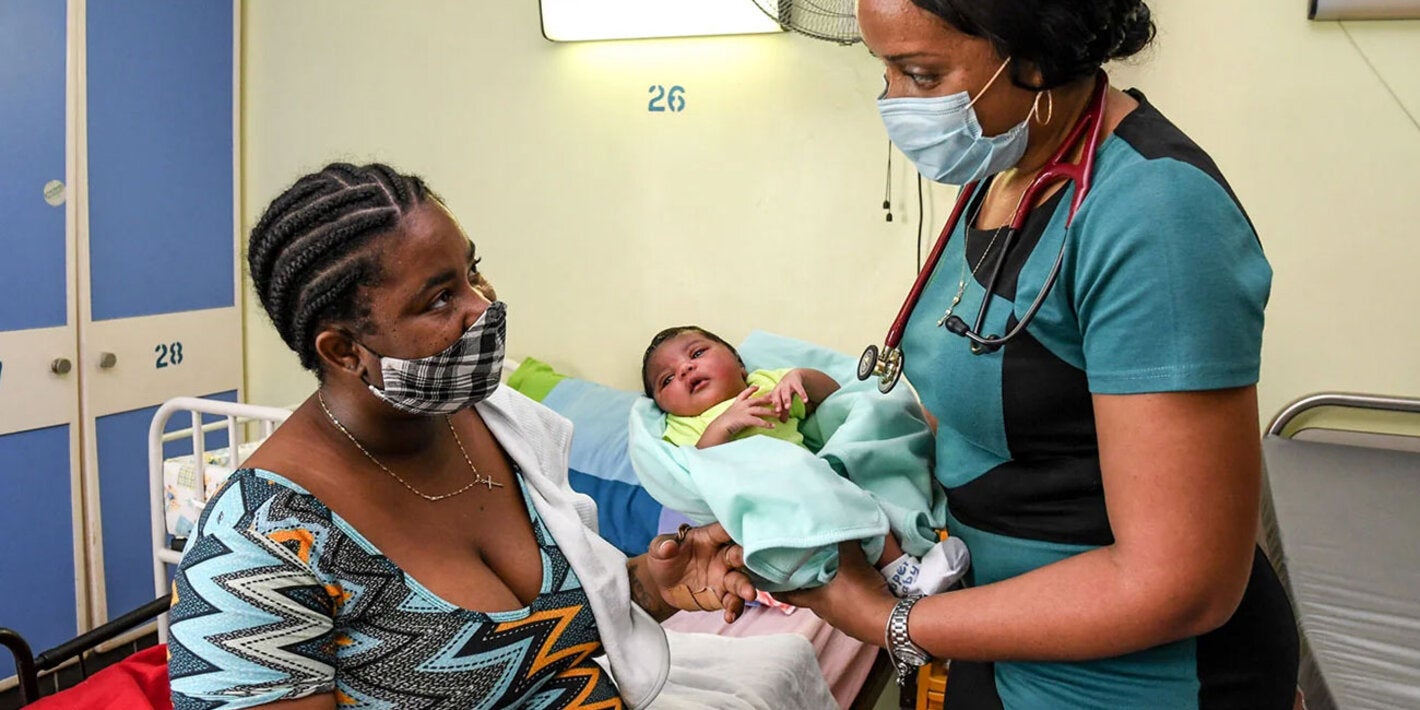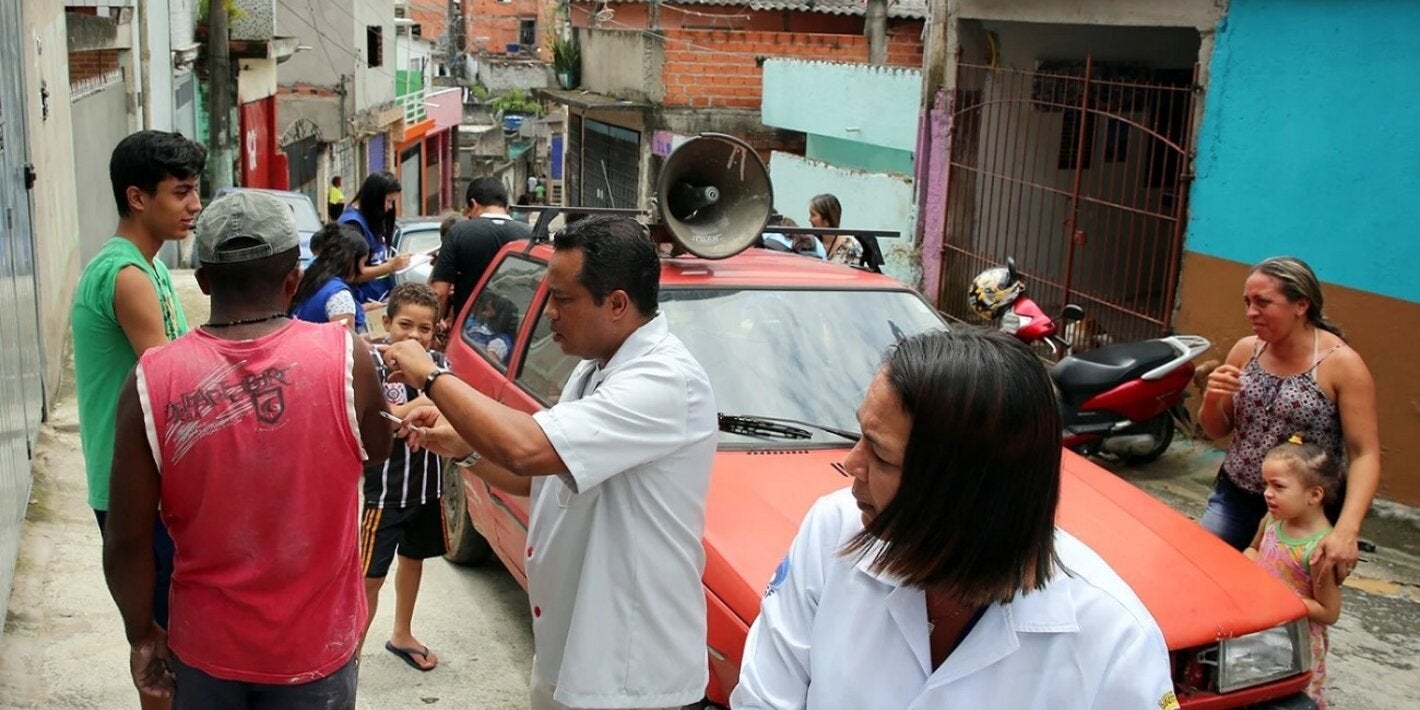120th Anniversary stories
The pandemic set back progress and revealed that health systems remain fragile and susceptible. It also confirmed the need to transform them to respond effectively to a crisis without disrupting essential health services.
December 2022
In 2004, Mexico became the first country in the Americas to ratify the landmark WHO Framework Convention on Tobacco Control, but it would take another 20 years before its measures became enshrined in Mexican law. “When you’re up against one of the biggest, most powerful industries in the world, endurance, persistence, and collaboration are the…
In 2015 and 2016, the word Zika evoked fear in pregnant women living or traveling to tropical areas of the Americas. In countries where the mosquito-borne disease spread, babies of some infected mothers were being born with microcephaly, marked by abnormally small heads, brain damage and a future of developmental problems.
September 2022
Deformed or paralyzed legs. Atrophied torsos and trouble breathing. For children left crippled with paralysis, a lifetime of disability and pain. This was the fate of thousands who survived the virus known today as polio. This disease, poliomyelitis, was previously known as “infant paralysis,” and affected humanity throughout…
Throughout its 120 years of existence, PAHO has played a leading role in the response to epidemics in the region, including HIV/AIDS. Here are some of the important milestones, as well as the challenges that must be overcome to end AIDS.
May 2022
When Cuban physician Carlos Finlay suggested in 1881 that the mosquito was the vector through which yellow fever was transmitted, he did not imagine that this ancient disease had its natural reservoir in monkeys.
The importance of controlling and preventing the spread of yellow fever from one country to another was the driving force…

